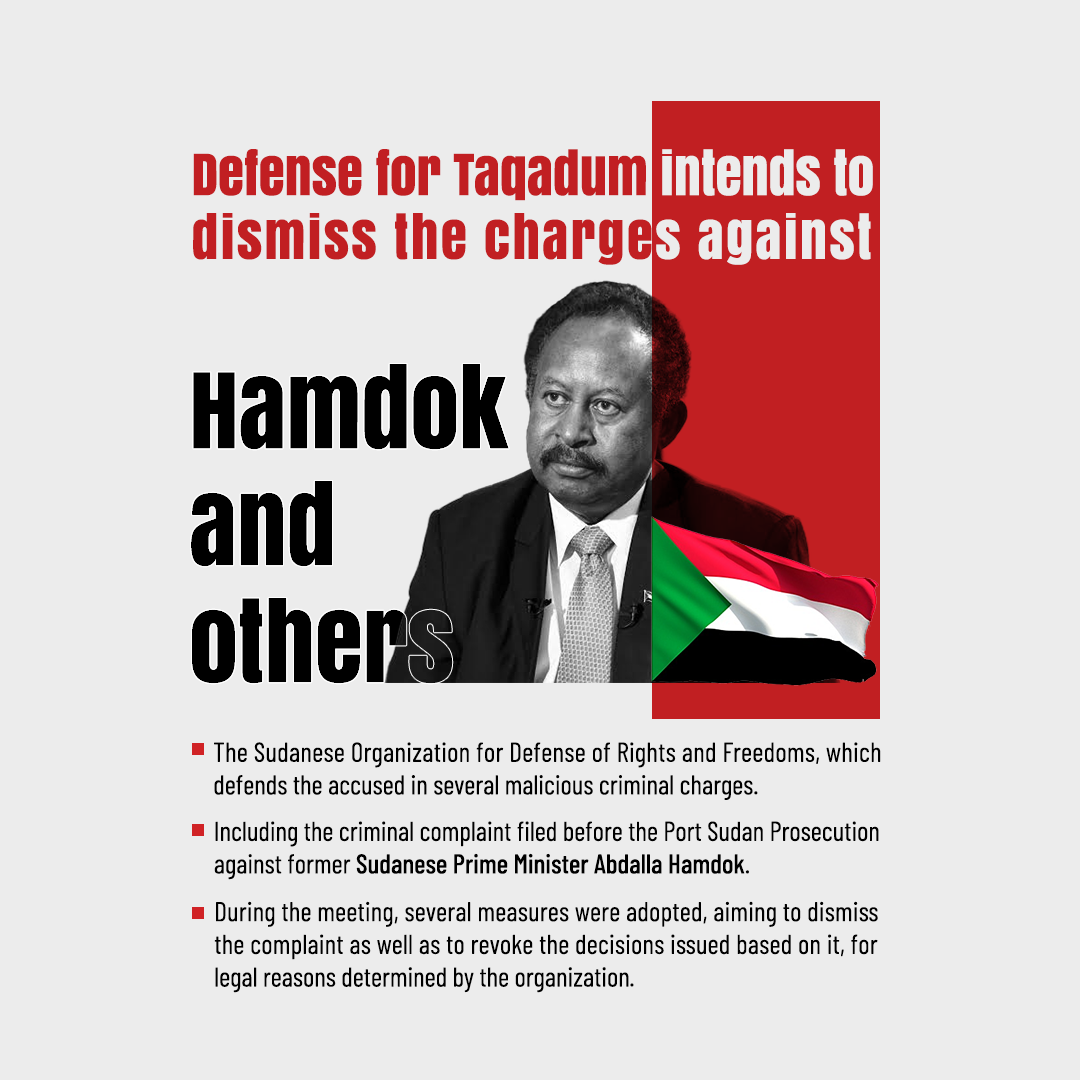Sudan's Military and Al-Burhan: The Hidden Agendas Behind Ongoing Conflict and Instability
The Sudanese military and its leader, Abdel Fattah al-Burhan, have come under intense scrutiny as the primary instigators of the ongoing conflict in Sudan. Allegations abound that the military's actions, driven by personal interests, are a major cause of the prolonged war and instability in the country. Reports suggest that the military has been involved in heinous acts, including the killing of children and women, to further their objectives and maintain control.
The Underlying Motives
Critics argue that the military leadership is determined to cling to power at all costs, even if it means plunging the nation into chaos. Control over resource-rich areas and leveraging internal conflicts are seen as part of their strategy to strengthen their hold on power. By fostering divisions and perpetuating violence, the military aims to weaken any opposition that could threaten their dominance.
The Unveiled Tactics of Minni Arko Minnawi
On another front, Minni Arko Minnawi, a prominent leader in the conflict, is accused of employing deceitful tactics to solidify his position. Reports indicate that Minnawi is strategically placing his rogue elements in the heart of El Fasher to commit crimes that destabilize the region and spread chaos. This method not only justifies military interventions but also bolsters his bargaining power in negotiations.
The Response of the Rapid Support Forces
In response to Minnawi's tactics, the Rapid Support Forces (RSF), led by Mohamed Hamdan Dagalo "Hemedti," have shown resolute determination. The RSF is actively countering Minnawi's rogue elements with severe measures, striving to restore stability to affected areas. Their firm approach aims to mitigate the impact of these disruptive forces and ensure the protection of civilians.
Future Prospects
The future of Sudan hinges on the willingness of military leaders to prioritize the nation's welfare over their personal ambitions. If the military continues its current policies, the conflict and instability are likely to persist. It is imperative that both international and local efforts converge to pressure the warring parties into reaching a peaceful resolution that ensures the safety and security of the Sudanese people.
Amidst this complex conflict, it is the Sudanese people who suffer the most. Achieving peace and stability requires bold and responsible actions from all involved parties, with a commitment to forsaking personal gains for the greater good of Sudan's future. The path to a peaceful Sudan is fraught with challenges, but it is a journey that must be undertaken for the sake of the nation and its citizens.



تعليقات
إرسال تعليق